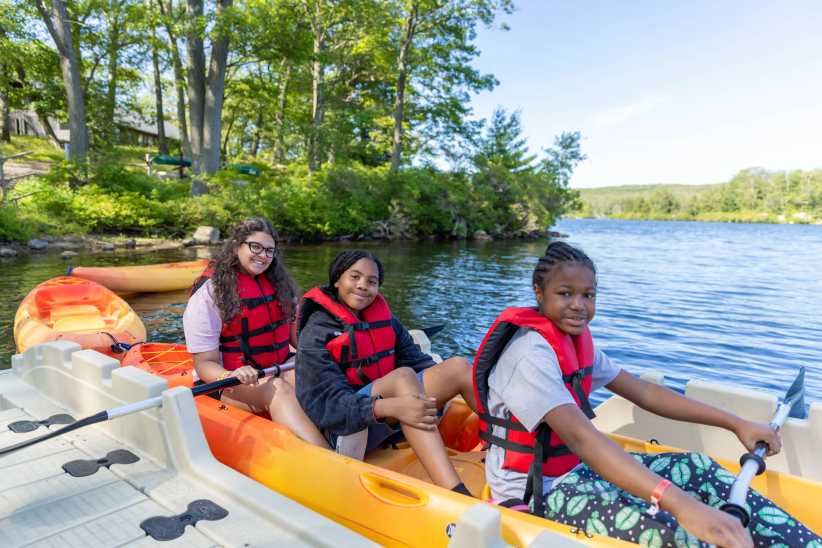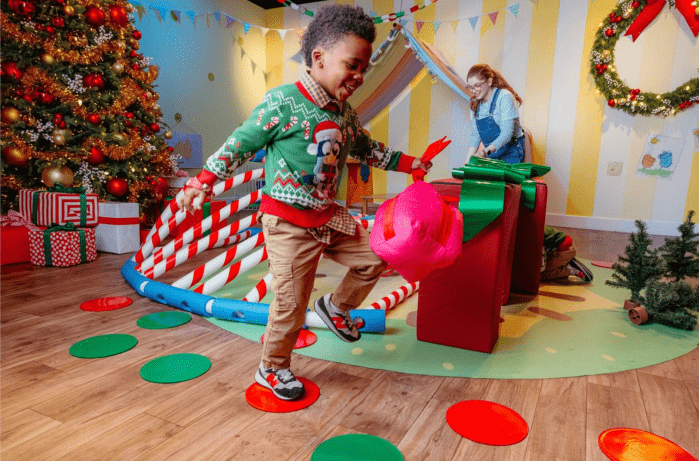 Last June, an article in the New York Times called “Why Handwriting Is Still Essential in the Keyboard Age” discussed the importance of the written word. Virginia Berninger, a professor of educational psychology at the University of Washington and lead author on a study of how oral and written language relates to attention, told the New York Times that there is evidence that handwriting engages the mind and helps children pay attention to written language.
Last June, an article in the New York Times called “Why Handwriting Is Still Essential in the Keyboard Age” discussed the importance of the written word. Virginia Berninger, a professor of educational psychology at the University of Washington and lead author on a study of how oral and written language relates to attention, told the New York Times that there is evidence that handwriting engages the mind and helps children pay attention to written language.
Overnight camp is one of the last environments where children are writing letters. “Letter writing speaks to the whole experience of taking technology out of the picture,” says Lauren Bernstein, owner and director of Camp Walden, a co-ed overnight camp in Diamond Point, NY. “They are writing instead of texting and sending pictures. In school, when they write, they are on computers and being told what to write and they write what they think the teachers want them to say. When children write a letter from camp, they can sit and think through what they are sharing and how they are feeling.” Jill Smith, the mother of two campers at KenMont KenWood Camps comments: “Besides camp, the only other time my children write letters is when they write thank you notes. Writing is such an important skill that so many kids don’t know how to do these days.”
“When campers are writing, they get to reflect on their experience and the moments they are having at camp. Children don’t write in journals anymore. They are too busy texting and snap chatting. When you write, you think more meaningfully and make connections to what you have done and to your own thoughts,” Bernstein adds.
Letters from camp give parents a window into their child’s camp days. “It’s the best feeling to open the mailbox and see their handwriting on camp stationary. I love reading about all they are excited about at camp. They tell us about their new friends, favorite activities and their counselors,” says Nicole Nadboy, mother of twin girls at Camps Equinunk and Blue Ridge.
[gravityform id=”17″ title=”false” description=”false” ajax=”true”]
Campers love to hear from their parents too. “They like to hear what their parents are doing back home, how they are feeling, and how their little brother or sister is doing,” Bernstein notes. “I tell parents to be careful about what they write and the picture they are painting at home. Make sure the experiences they are sharing doesn’t make the child feel like they are missing out on family experiences, but also that the child knows their parents are happy for their own enjoyment.”
While there is no personal technology for campers at camp, parents can send one-way emails and the email is printed out and handed out with the mail that day. “I wrote letters and also sent emails to the girls. I know they loved receiving the handwritten letters more than the emails but the emails were a great option, especially if it was a busy day. It was also nice to know they would read it later that day,” Nadboy adds. Laurie Rinke, director of Camp Echo Lake, a co-ed overnight camp in Warrensburg, NY, wants parents to be careful about emailing every day. “What happens if you promise your child you will email every day or your child gets used to an email each day and something comes up where you can’t write that day? Your child may get anxious that something is wrong.”
Keep in mind that children aren’t used to writing letters so they don’t always know what to say and how to say it. “I suggest to parents that if they write a letter and ask a question, leave a blank space for the answer. That way, a child can respond back on that piece of paper and you get more information,” Rinke says. “Also remember that letter writing usually happens at downtimes like rest hour or before bed so they don’t have the distractions of an activity and it can be a time when campers are thinking about home. Most young children don’t know how to express the dual emotions of ‘I’m having best time’ and ‘I really miss you’ so they just express the I miss you and cry all the time and that may not be the full story. Before assuming the worst, keep it in perspective. Remember the letter was written 3-5 days earlier and the feelings may have passed. Call the camp and ask what is really going on instead of thinking the letter is explaining how your child is all the time.”
Showing your child letters from the summer and sitting down with them when they get home can be great for them to relive the excitement of camp. “If it’s a letter talking about how much they missed you, it’s a nice lesson in resilience about how you can miss your parents and then come home and be okay,” Rinke says. “Keeping letters for years to come is also a wonderful scrapbook of your child’s summers at camp. It’s so nice to look back at letters written when your child was 8-9 years old and reflect on his or her camp experience.”












